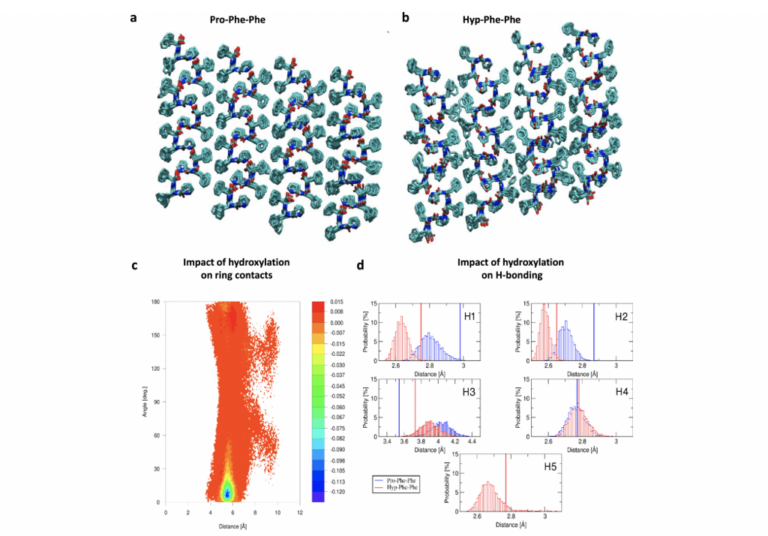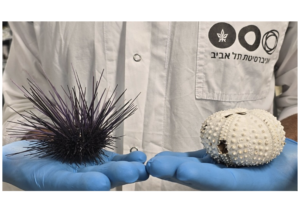Technion (Israel): Novel Antimicrobial Polimeric Systems

At Nano Israel 2016, Technion will present a new material. The emergence of antibiotic resistance of pathogenic bacteria has led to renewed interest in exploring the potential of plant-derived antimicrobials e.g., essential oils (EOs), as an alternative strategy to reduce microbial contamination. However, the volatile nature of EOs presents a major challenge in their incorporation into polymers by conventional high-temperature processing techniques. We employ nanomaterials such as, Halloysite nanotubes (HNTs), as efficient nano-carriers for essential oils. Using various pre-compounding processes, we encapsulate essential oils within HNTs. This step imparts enhanced thermal stability to the essential oil, allowing for its subsequent melt compounding with different polymers e.g., low-density polyethylene (LDPE).

High-resolution scanning electron micrograhs of neat HNTs (prior to hybrid formation) and A schematic illustration of halloysite nanotubes (HNTs) loaded with carvacrol molecules (a model antimicrobial EO) as achievedby a pre-compounding step in which HNTs/carvacrol hybrids are produced.
The resulting polymer nanocomposites exhibit outstanding antimicrobial properties with a broad spectrum of inhibitory activity against Escherichia coli, Listeria innocua in biofilms, and Alternaria alternata. Their antimicrobial effectiveness is also successfully demonstrated in complex model food systems (such as soft cheese and bread). This superior activity, compared to other studied essential oil-containing films, is induced by the significantly higher oil content in the film as well as its slower out-diffusion from the hybrid system. Thus, these new active polymer nanocomposites presents an immense potential in controlling microbial contamination and biofilm related adverse effects, rendering them as excellent candidate materials for a wide range of applications.

Storage experiment of fungi-inoculated sliced bread (preservative-free) demonstrating complete eradication of the fungus when the bread is stored (11 days) in a package based on our new antimicrobial hybrid films.






